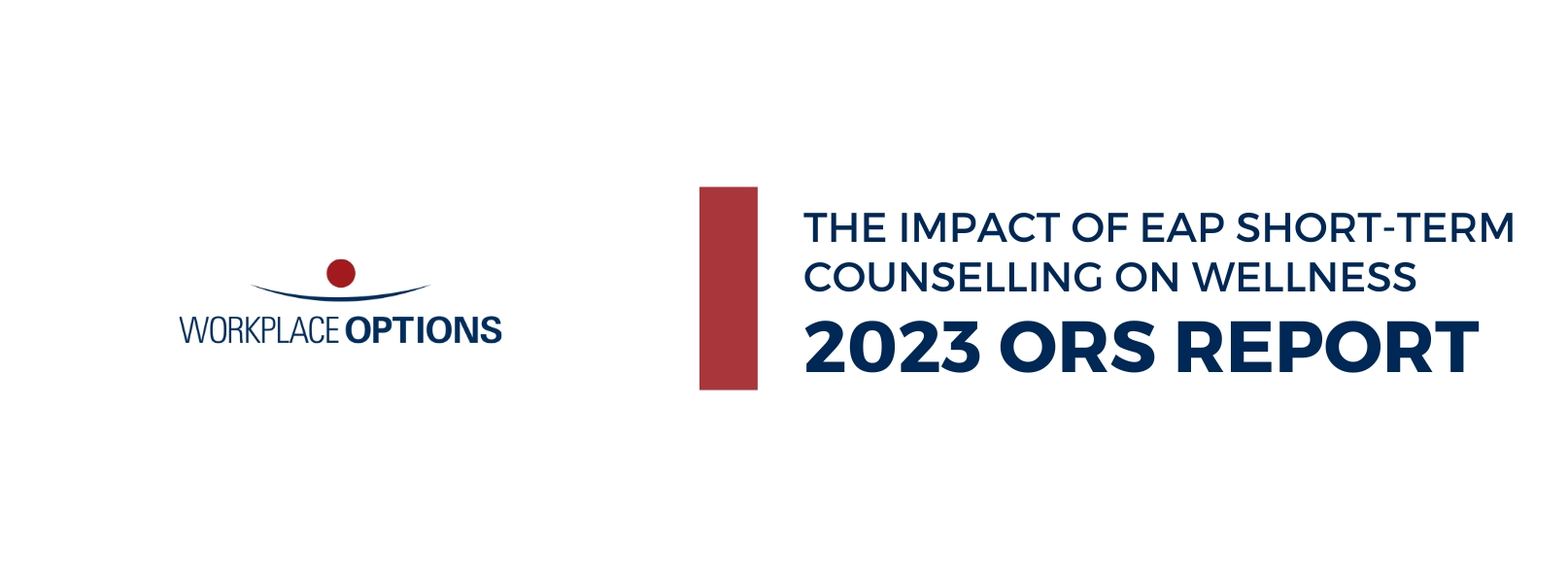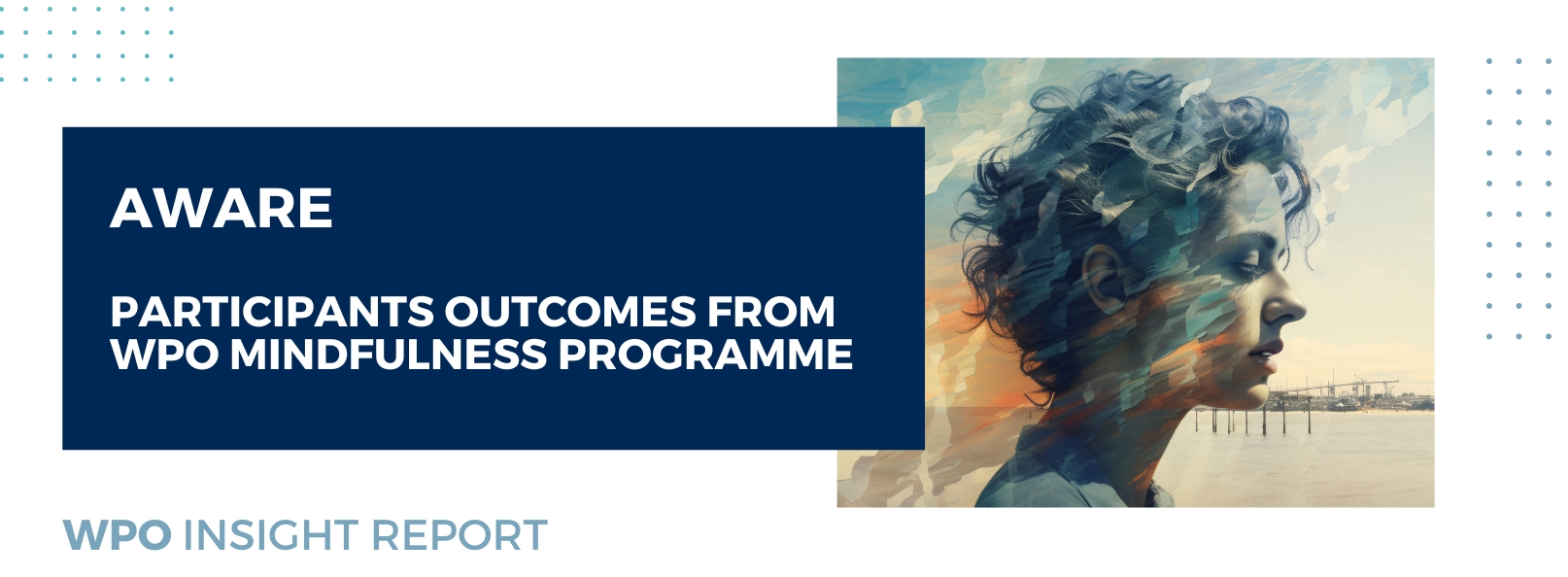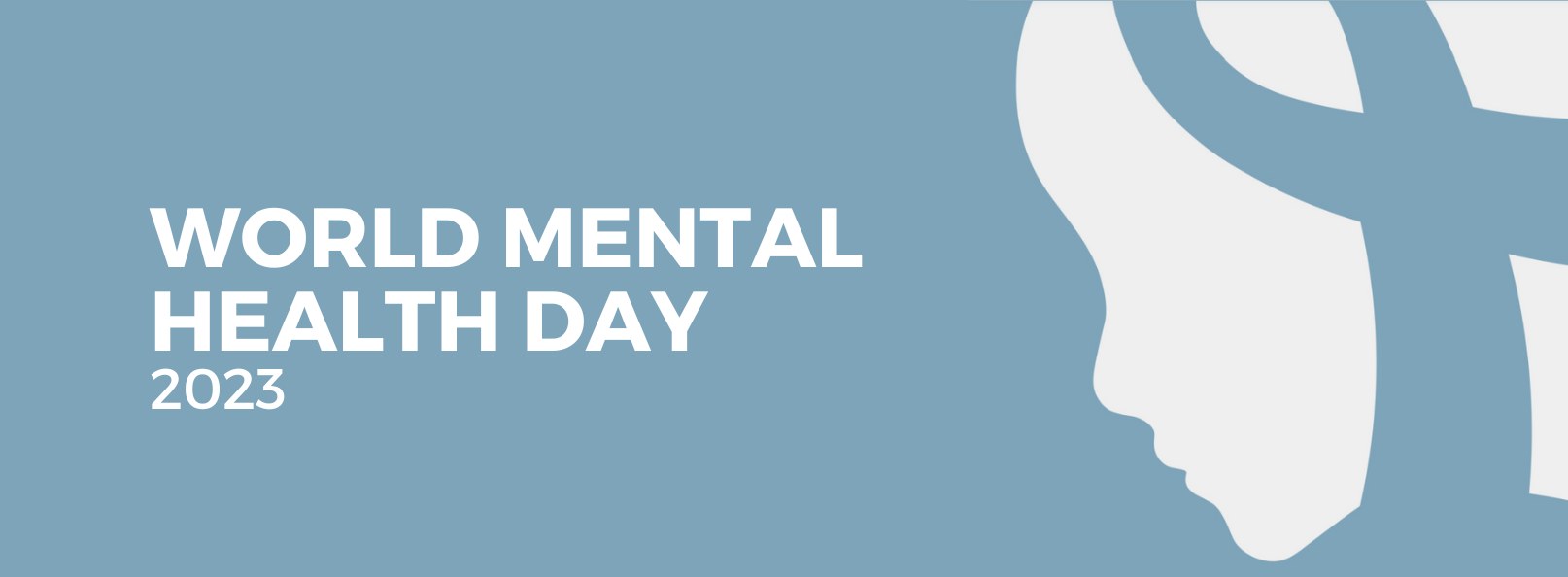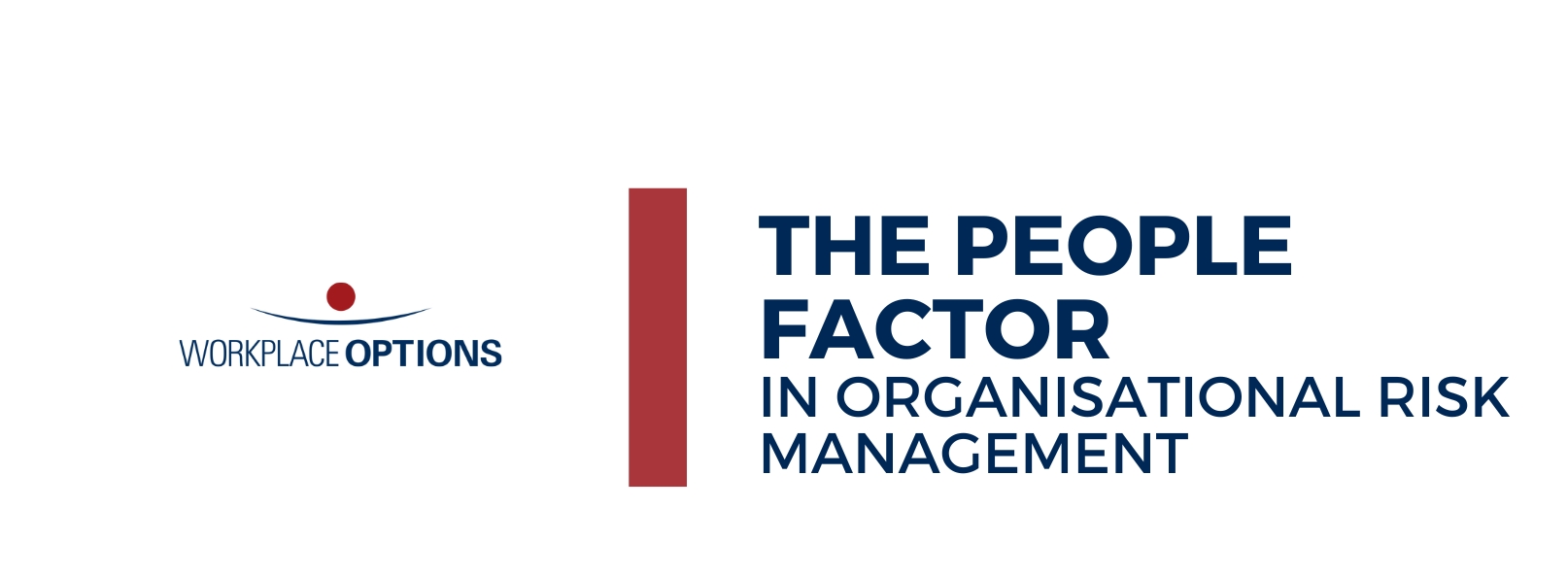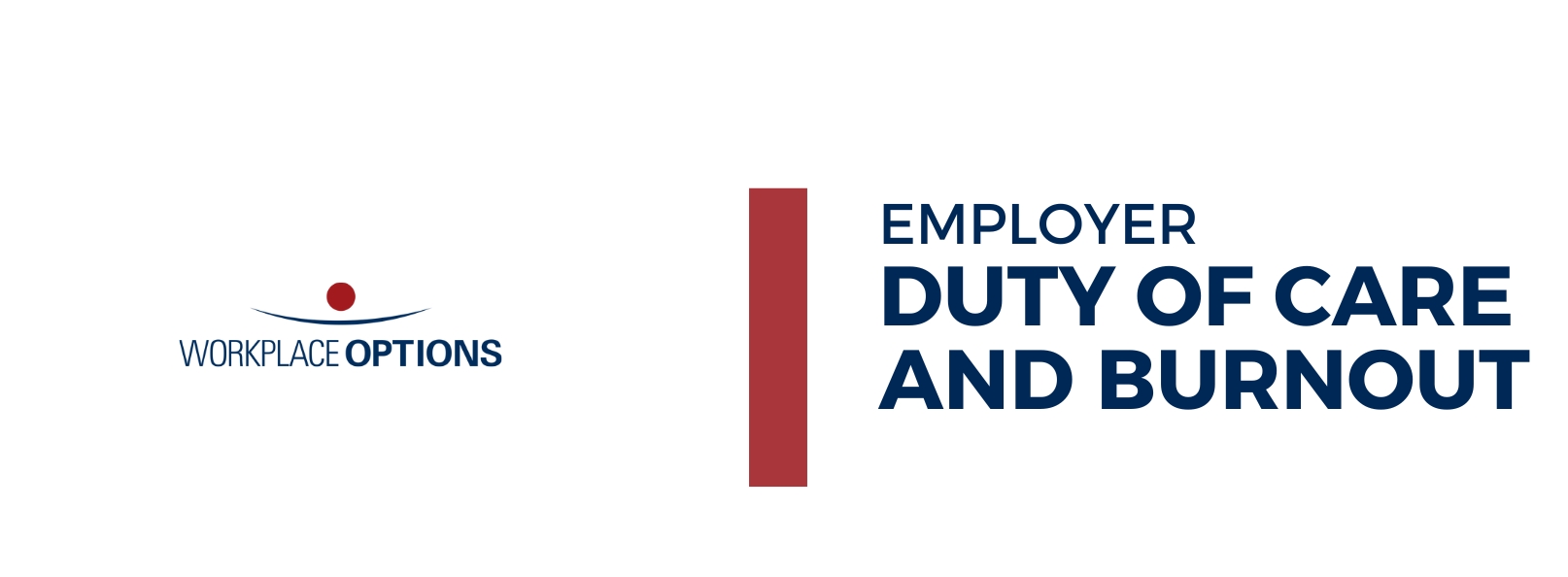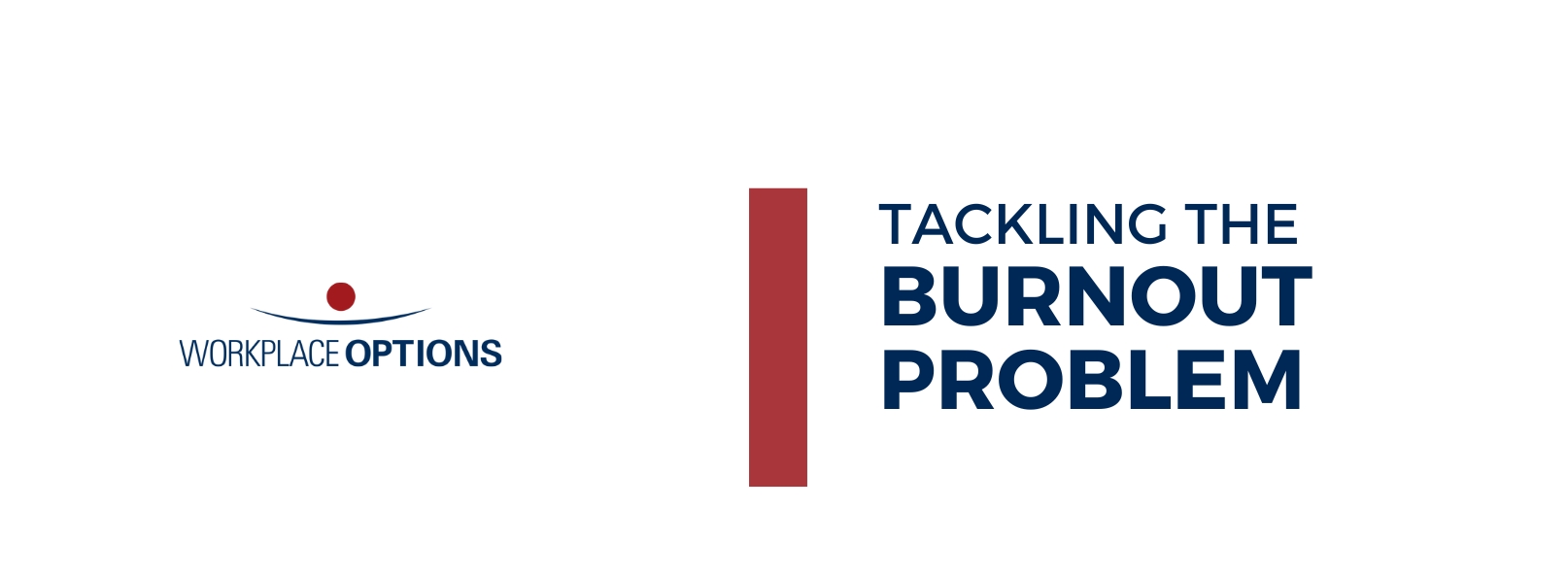Your Member Benefits Website features include:
- Access to online articles with helpful information
- Ability to submit an online form asking a counsellor to contact you
- Topics covering working life, wellness, parenting, management, etc.
Your Customer Hub features include:
- Automated headcount updates in UCMS
- Invoicing reflective of the active populations under your account
- Access Reporting with case trends, disruptive issues, use
Local Service Partners
Local Service Partners are independent EAPs with which WPO has established strategic relationships for the delivery of global EAP services in alignment with the WPO models, processes and quality standards.




















